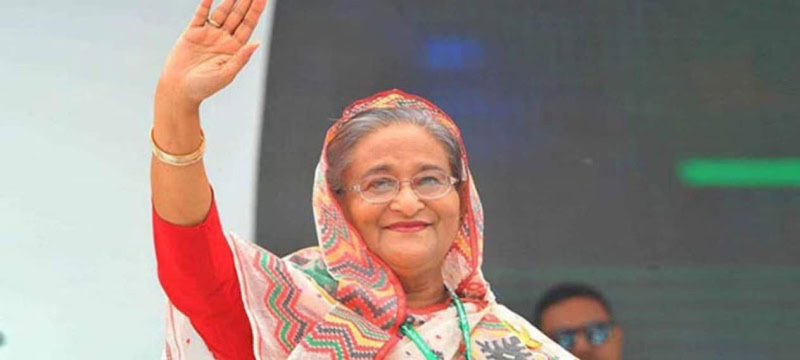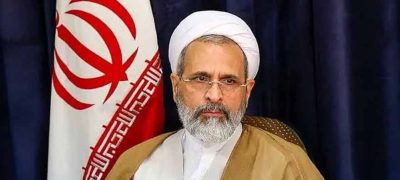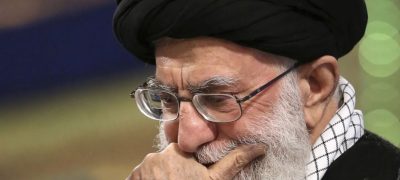Sheikh Hasina Wajid has stepped down as Bangladesh’s Prime Minister amid massive protests demanding her resignation. Reports indicate that Hasina, along with her sister, has vacated Ganabhaban, the official residence, and moved to a safer location.
This decision follows violent clashes that resulted in 98 deaths, making it the deadliest day in several weeks of anti-government demonstrations.
Read more: Bangladesh’s PM Sheikh Hasina Prohibits Jamaat-e-Islami, Calls Groups Terrorist
Sources suggest that Hasina Wajid might have left the country via military helicopter, potentially heading for India, although this has not been confirmed. The protests, which initially began over civil service job quotas, have escalated significantly, with over 200 people killed in the turmoil since July. The unrest was triggered by a police crackdown on demonstrators, leading to further violence and chaos.
In response to the escalating situation, student leaders from the group Students Against Discrimination have announced a nationwide civil disobedience campaign.
They have vowed to continue their protests until Hasina and her government resign. This movement aims to disrupt daily life by encouraging people to stop paying taxes and utility bills and urging government workers and garment factory employees to strike.
The student group rejected an offer of talks from Hasina earlier in the day, reinforcing their stance that the Prime Minister must resign and face trial.
Their call for non-cooperation and strikes is intended to apply maximum pressure on the government, drawing parallels to the civil disobedience campaign during Bangladesh’s 1971 liberation war.
The recent developments highlight the deepening crisis in Bangladesh, with widespread dissatisfaction over the government’s handling of the protests and the increasing demand for political change.
The situation remains volatile, with the potential for further escalation as the non-cooperation campaign begins.









